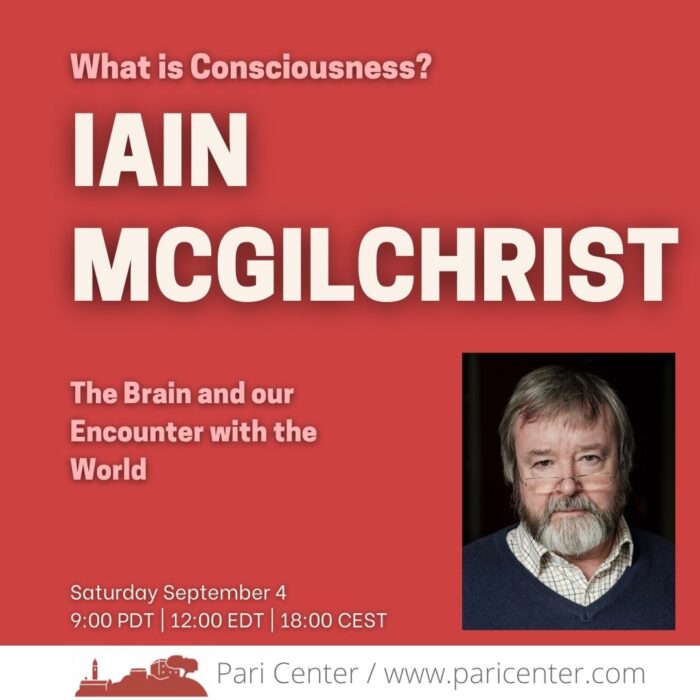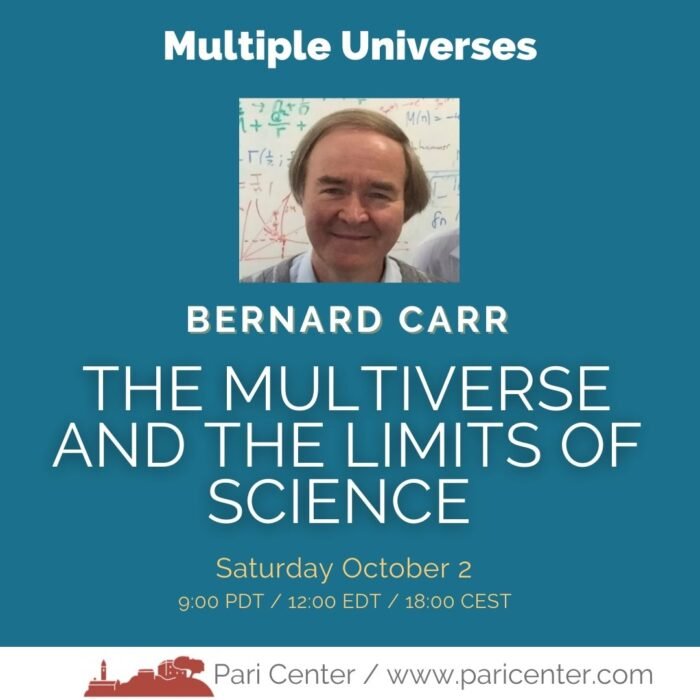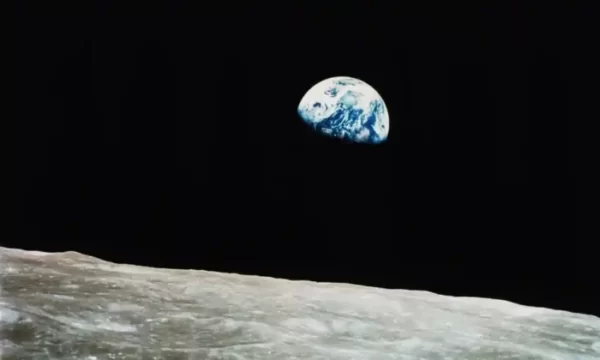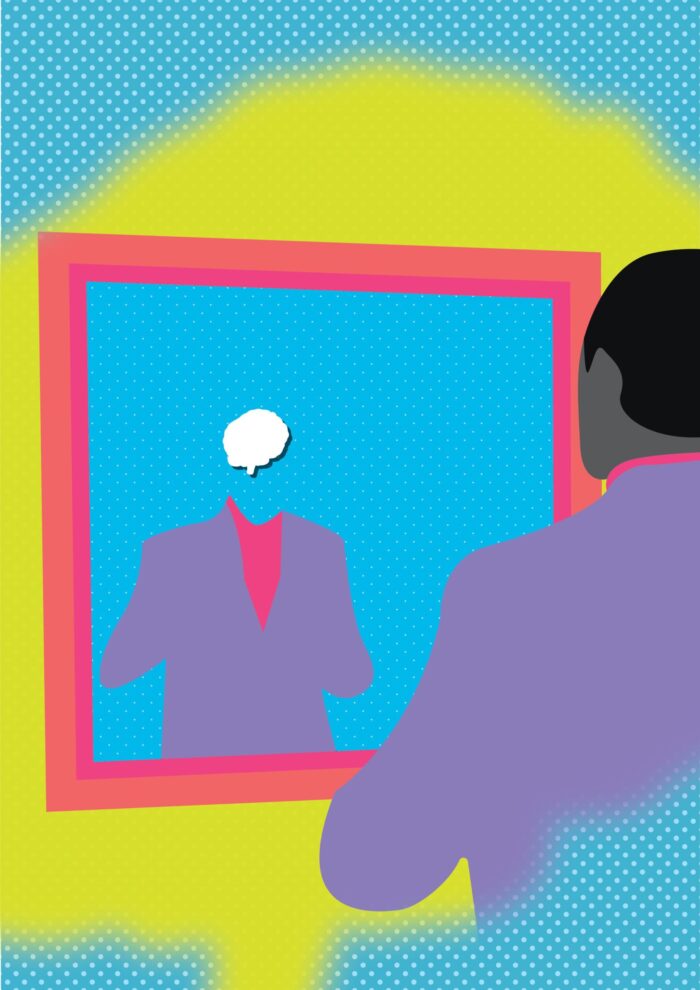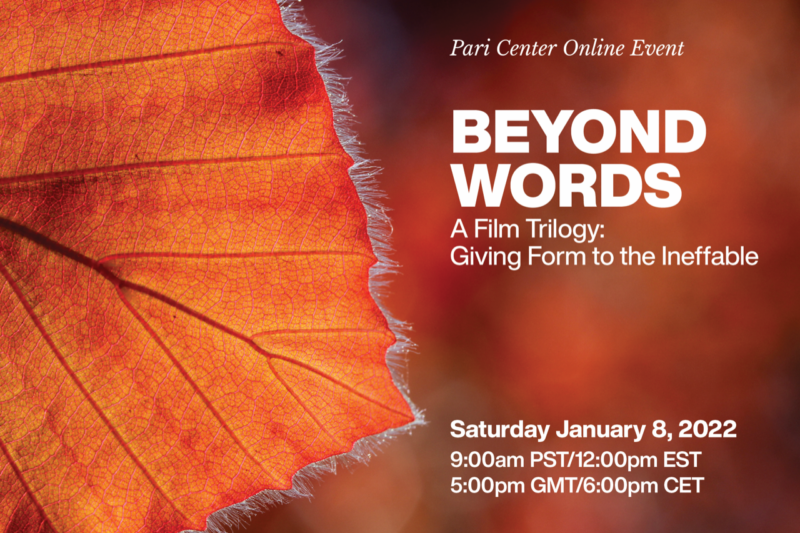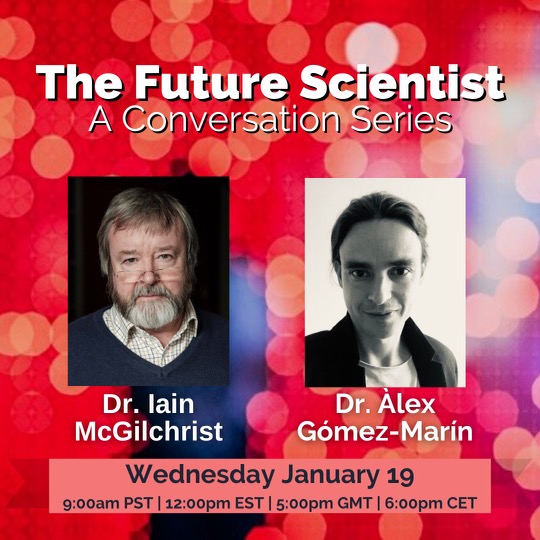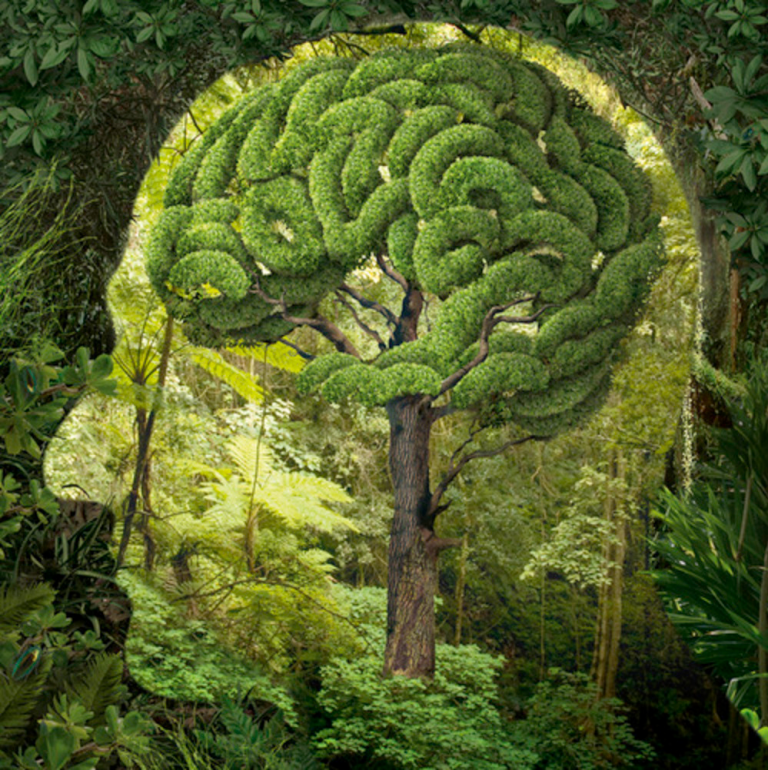Your cart is currently empty!
The Brain and our Encounter with the World
OnlineAt the very least, our brains help to shape our consciousness. Can an examination of the way in which they do so help us to reconcile different visons of ourselves and of our world? There is nothing reductionist about asking such a question: rather, McGilchrist shall suggest, it helps us to transcend the limitations of reductionism itself. Importantly it may, for the first time, give philosophy a basis for judging certain views on the world as worthier of acceptance than others.

